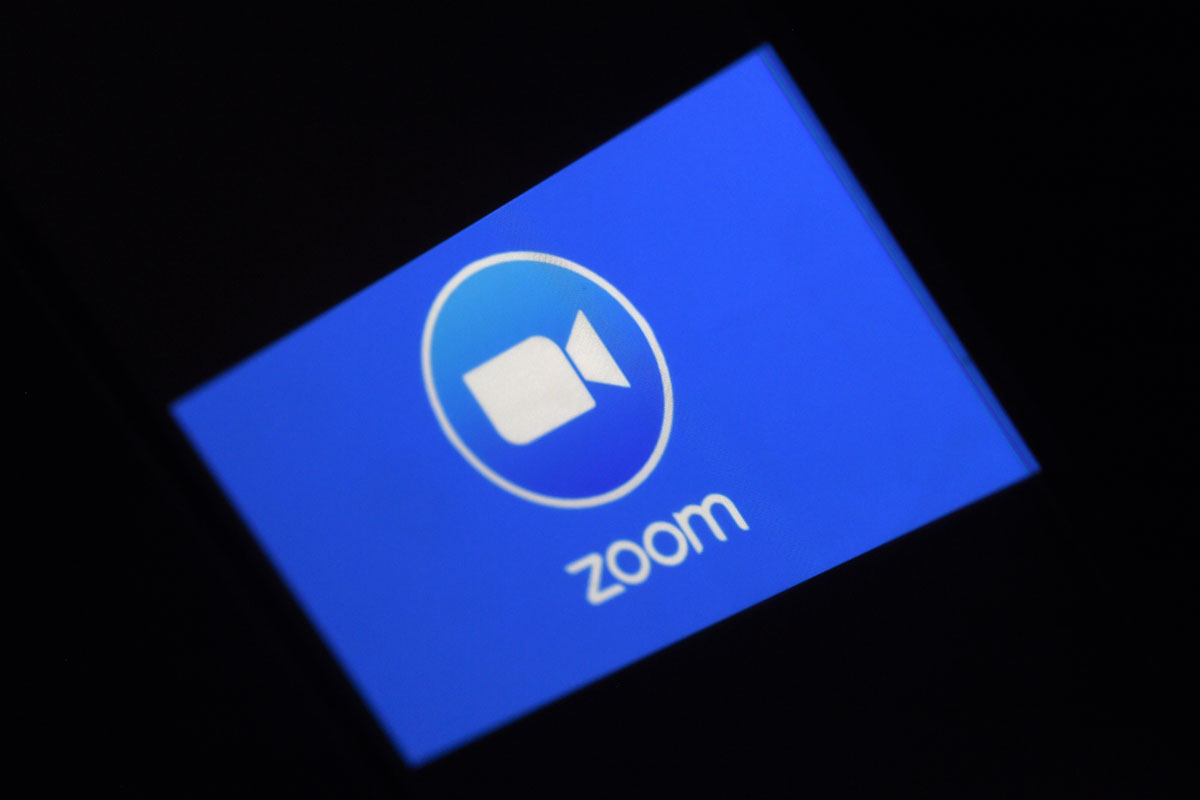Videoconferencing gains popularity amid COVID-19 lockdown
Videoconferencing has become de rigueur for work and social life as people around the world hunker down at home to avoid spreading the deadly coronavirus.

The Zoom video meeting and chat app has become the wildly popular host to millions of people working and studying from home during the coronavirus outbreak. (Photo by Olivier DOULIERY / AFP)
Zoom, the videoconferencing software that’s skyrocketed in popularity with massive numbers of people working from home due to the ongoing pandemic, is quickly turning into a privacy and security nightmare.
TheHacckeNews reports that newly found vulnerability in Zoom that allows an attacker to steal Windows login credentials from other users. The problem lies with the way Zoom’s chat handles links, as it converts Windows networking UNC (Universal Naming Convention) paths into clickable links. If a user clicks on such a link, Windows will leak the user’s Windows login name and password.
The latest finding by cybersecurity expert @_g0dmode, has also been “confirmed by researcher Matthew Hickey and Mohamed A. Baset,’ the report said late Wednesday.
Advertisement
The attack involves the “SMBRelay technique” wherein Windows automatically exposes a user’s login username and NTLM password hashes to a remote server, when attempting to connect and download a file hosted on it.
“The attack is possible only because Zoom for Windows supports remote UNC paths, which converts such potentially insecure URLs into hyperlinks for recipients in a personal or group chat,” the report claimed.
Besides Windows credentials, the vulnerability can also be exploited to launch any programme present on a targeted computer.
Zoom has been notified of this bug but the flaw is yet to be fixed. “Users are advised to either use an alternative video conferencing software or Zoom in your web browser instead of the dedicated client app,” said the report.
Another media report claimed that Zoom doesn’t use end-to-end encryption to protect calling data of its users.
As businesses, schools and colleges and millions of SMBs use video conferencing tool Zoom during the work-from-home scenario, the US Federal Bureau of Investigation (FBI) has warned people about porn material being popped up during the video meetings.
The Boston branch of the law enforcement agency said it has received multiple reports of Zoom conferences being disrupted by pornographic and/or hate images and threatening language.
The video conferencing app late last month updated its iOS app to remove the software development kit (SDK) that was providing users’ data to Facebook through the Login with Facebook feature.
Advertisement